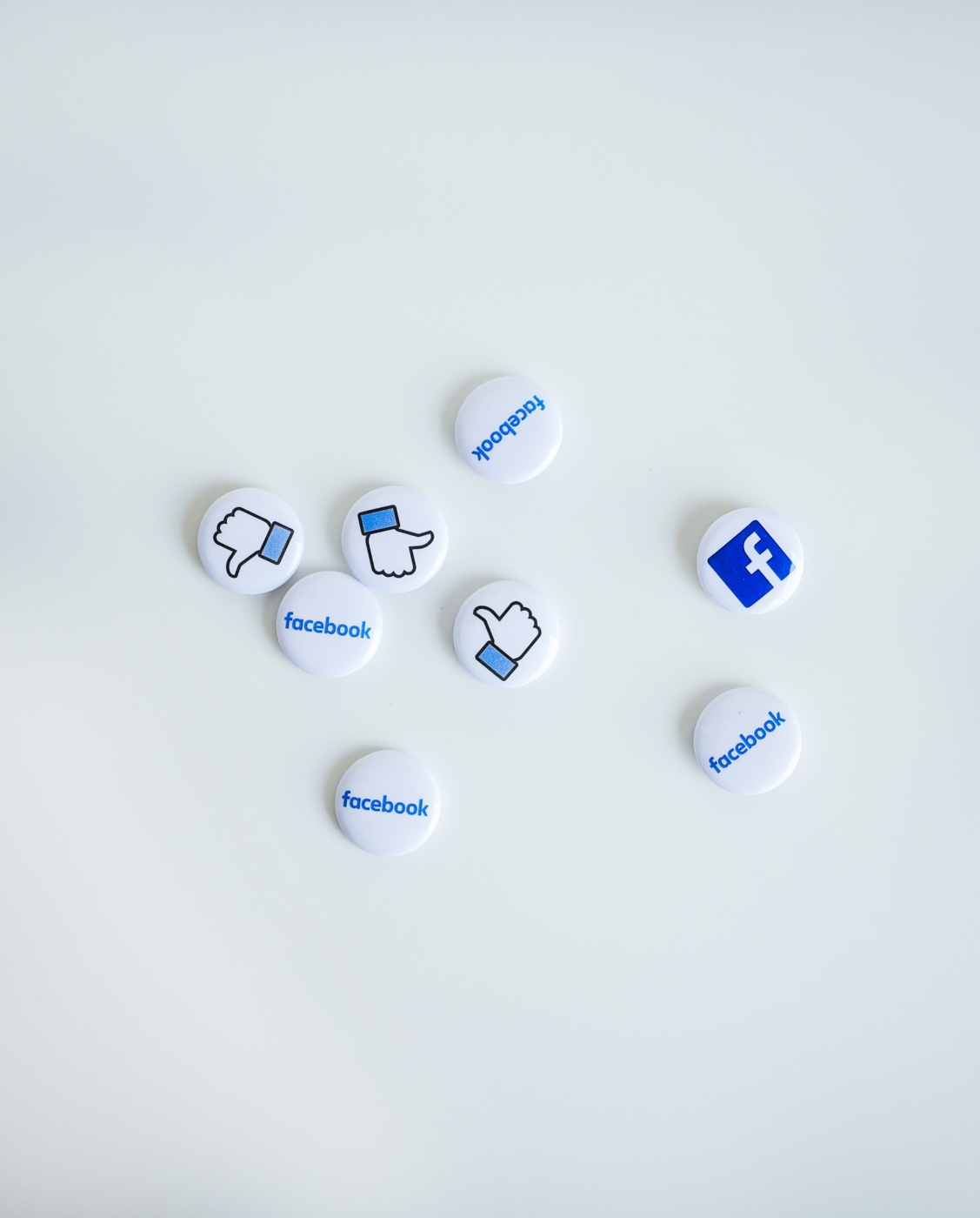The knives are out for Zuckerberg’s Facebook empire
The U.S. Federal Trade Commission (FTC) and 48 state and territory governments have filed twin lawsuits against Facebook, attempting to block future mergers and force the breakup of the company’s services. Their rationale was that Facebook’s harsh treatment of competitors and ruthless anti-competitive acquisitions must be remedied.
The acquisitions were to protect against potential competitors. Internal emails have revealed Zuckerberg claiming that the Instagram purchase was to “neutralise a competitor”. This is not unique to Facebook; Amazon employs similar ruthless tactics to crush any whisper of competition. Buying up rivals is just one part of the alleged strategy. Facebook has also been accused of abusing the power that its service welded when it blocked Vine, a former social media competitor, from its API access when it was bought by Twitter.
This will be the largest monopoly case since the 1998 Microsoft lawsuit. It also comes as Google is facing its own lawsuit from the Justice Department and 11 states. These are all indicative of a long-requested and popular demand to curb and reverse the ever-growing power and influence of some of the largest tech giants.
This will be the largest monopoly case since the 1998 Microsoft lawsuit
Facebook obviously fears being broken up as it has been forcefully integrating WhatsApp and Instagram into Messenger and Facebook, which has led to some rather weird and clunky choices. Where these mergers make it harder to prise apart the individual services, it will even be harder for a court to successfully argue where one bit ends and another begins, complicating any decision on breaking them up.
We now see Instagram stories on Facebook and we see the Facebook name plastered on the start-up screens for Instagram and WhatsApp. Evidently, Facebook has been trying to merge Instagram, WhatsApp, and Messenger chats, and over the last year Facebook have desperately been trying to integrate all the behind-the-scenes workings of the apps into one large system. All these to make any antitrust attempt even harder.
The lawsuits rest heavily on internal emails and messages, such as the one where Zuckerberg explains the reason for buying Instagram. There are also messages from executives which state they are “terrified” about the rise of WhatsApp. Facebook has always feared any rivals coming for its crown – and its two actions have always been to buy or to crush. As the FTC had to previously approve the two acquisitions in question, it will be a tricky path to backtrack on these old decisions. Breakups are rare, but there is great support behind these twin cases, not least due to Zuckerberg’s own damning statements such as “it is better to buy than compete”.
The founders of both apps have since left the company with WhatsApp co-founders Brian Acton and Jan Koum leaving after vocal clashes with Facebook leadership, and Instagram co-founders Kevin Systrom and Mike Krieger leaving after years of piling tension. They all believed that the direction was wrong, and Facebook’s treatment of its acquisitions was less than stellar. This is another aspect of the lawsuit, that the acquisitions made the products worse for the consumer. The Verge reports that one avenue being investigated is how Facebook’s subsequent use of WhatsApp’s user data for the benefit of Facebook may have crushed rivals who were better on privacy and harmed consumers.
The knives are out for big tech with the Facebook twin lawsuits attempting to break up its empire
In recent days, more damning information has come out where Facebook and Google are alleged to have agreed to “cooperate and assist one another” in the event of antitrust lawsuits, especially around their duopoly on online advertising. This is the basis of another draft lawsuit which 10 states are filing, led by Texas Attorney General Ken Paxton. The walls appear to be closing in on the cartel-like behaviour of the tech giants. It is ironic that the lawsuit states that both companies were admittedly aware that the agreement itself could spark antitrust interest.
The Google lawsuit has unfortunately been postponed going to trial until September 2023, indicating that for these big tech antitrust lawsuits it will be years before we see much happening, ample time for the companies to devise ways to make life harder for their opponents. The knives are out for big tech with the Facebook twin lawsuits attempting to break up its empire: the Google lawsuit tackling its monopolisation of search functionality and online advertising, and the joint lawsuit attacking the Facebook-Google duopoly of online ads and collusion. A move this big has not been seen since the 1998 attack on Microsoft, which now appears small in comparison.

Comments